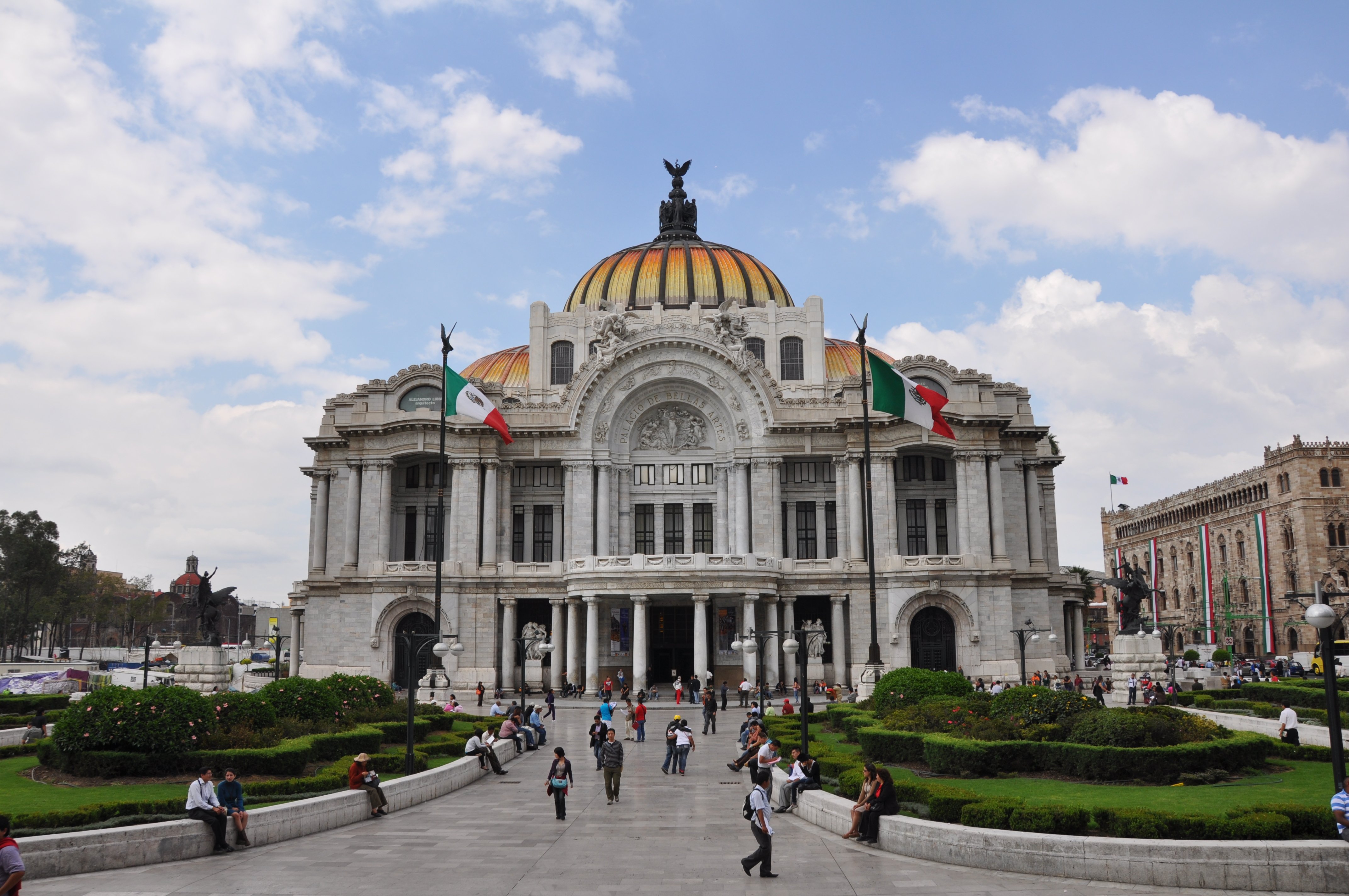In keeping with tradition, we are pleased to invite you to our annual Global Year-End Review of Import/Export & Trade Compliance Developments Conference. The conference will provide valuable insights on the latest developments, challenges and opportunities in the ever-changing landscape of international trade.
We are holding this conference in a split-hybrid format, with an in-person event in Santa Clara, CA, on 12 November and virtual panels on 19-21 November.
On 15 August 2023, the President of Mexico, Andres Manuel Lopez Obrador, published a Decree amending the Tariff Schedule of the General Import and Export Duties Law. The decree focuses on the implementation of temporary import duties ranging between 5% and 25% on goods classified in 392 tariff items covering steel, aluminum, bamboo, rubber, chemical products, oils, soap, paper, cardboard, ceramic products, glass, electrical material, musical instruments, and furniture. These temporary duties are applicable as of 16 August 2023 and until 31 July 2025.
On 15 August 2023, the President of Mexico, Andres Manuel Lopez Obrador, published a Decree amending the Tariff Schedule of the General Import and Export Duties Law. The decree focuses on the implementation of temporary import duties ranging between 5% and 25% on goods classified in 392 tariff items covering steel, aluminum, bamboo, rubber, chemical products, oils, soap, paper, cardboard, ceramic products, glass, electrical material, musical instruments and furniture. These temporary duties are applicable as of 16 August 2023 and until 31 July 2025.
View the recorded sessions from our 2023 Virtual Global Trade Conference where international trade compliance lawyers from around the world reviewed major developments impacting international trade.
On 17 February 2023, and pursuant to its obligations under the United States-Mexico-Canada Agreement (USMCA), Mexico’s Ministry of Economy published in the Federal Official Gazette the much-anticipated Administrative regulation that sets forth the goods which importation is subject to regulation by the Ministry of Labor and Social Welfare (Forced Labor Regulation), which prohibits the importation of goods produced with forced labor. Once Mexico’s Forced Labor Regulation becomes effective on 18 May 2023, all three members of the USMCA trade block, Mexico, Canada, and the United States, will have prohibitions and restrictions on the importation of goods made with forced labor.
Join Baker McKenzie for a webinar on Forced labor developments in Mexico, Canada and the United States on Thursday, 23 March 2023 from 10:00 am – 11:00 am Central Time. In this webinar, the panelists will discuss Mexico’s implementation of the new Forced Labor Regulation, Canada’s implementation of supply chain transparency legislation, US forced labor enforcement trends, customs forced labor best practices and supply chain due diligence recommendations.
After much anticipation since the United States-Mexico-Canada Agreement entered into force, on 17 February 2023, the Ministry of Economy published in the Federal Official Gazette an administrative regulation that sets forth the goods, which importation of is subject to regulation by the Ministry of Labor and Social Welfare, which prohibits the importation of goods produced with forced labor.
After much anticipation since the United States-Mexico-Canada Agreement entered into force, on 17 February 2023, the Ministry of Economy published in the Federal Official Gazette an Administrative regulation that sets forth the goods which importation is subject to regulation by the Ministry of Labor and Social Welfare, which prohibits the importation of goods produced with forced labor. The Forced Labor Regulation, which will become effective on 18 May 2023, implements the obligation included in the USMCA to prohibit the importation of goods produced in whole or in part by forced or compulsory labor, including forced or compulsory child labor
The new version of the Mexican General Import and Export Duties Law, including its tariff schedule, published on 7 June 2022, became effective on 12 December 2022. Consequently, several administrative regulations updating tariff classifications also became effective on that same date. This includes the latest amendments to the Export Controls Regulation, published on 24 November 2022 and the Embargoes Regulation, published on 11 October 2022.
Welcome to our Virtual Year-End Review of Import/Export and Trade Compliance Developments Conference resource center. Baker McKenzie’s international trade compliance lawyers from around the world discussed the major global legislative, judicial and administrative activities and trends in export controls, trade sanctions, customs compliance, and import requirements in nine 75 minute sessions which took place from 15 to 17 November 2022.




![North America: Forced Labor Developments in Mexico, Canada and the United States [Webinar]](https://www.globalcompliancenews.com/wp-content/uploads/sites/43/2023/03/trade-1-260x200.jpg)


